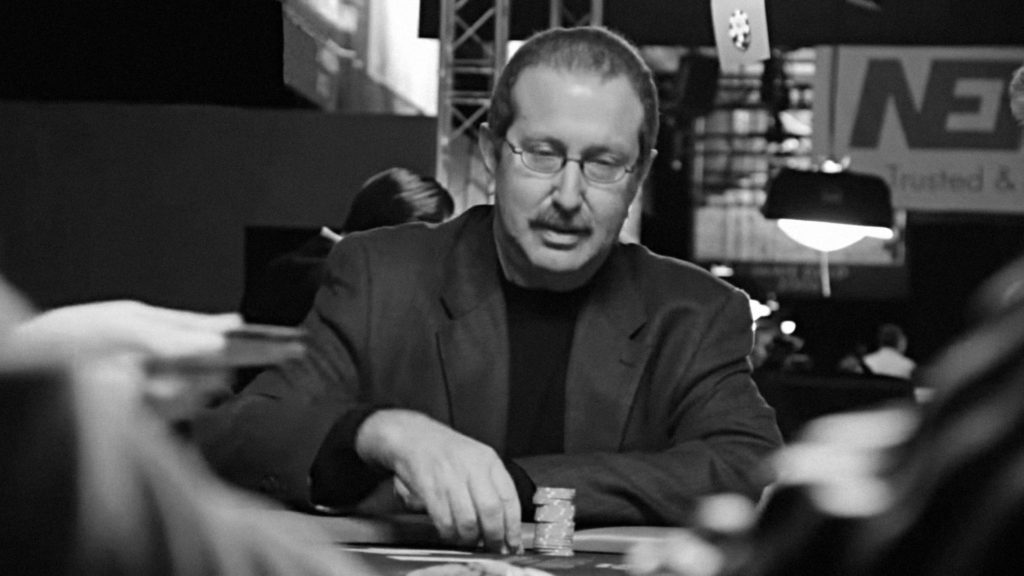
If Bud Greenspan worked for ABC Sports, which is about as likely as Sylvester Stallone making English-language films, the network of the Olympics might actually cover them as well as they promote them.
“I could never make it at the network,” said Greenspan, who describes commercial sports television as “an industry that thrives on mediocrity. My work has its limitations in commercial expectations because of the overabundance of what American people are given as sport.”
Greenspan, 57, who shared two Emmy awards with his late wife Cappy Pretrash for the 22-part series, “The Olympiad,” eloquently has re-staked his claim as the best sports film producer around with his soon-to-be released “Sixteen Days of Glory.”
The 4-hour 50- minute official film version of the 1984 Summer Games will be shown in two parts in movie theaters, and Greenspan hopes to sell it to commercial television as a miniseries.
Sure, you probably watched a good deal of the Los Angeles Olympics. Now, you’ll understand them.
Greenspan is a storyteller who unabashedly states, “My monument is film.” His unique cinematic stamp is created with lean, crisp writing, a classical music backdrop, slow-motion footage that quickens the viewer’s emotional pulse and compelling, gripping narration from his brother, David Perry.
(Enough cannot be said about Perry, Greenspan’s official film narrator. His voice is so deeply authoritative and so gravely urgent that it could stop a bomb from ticking.)
“You have to be a dramatist who, if he has integrity, will not infringe on truth. I dramatize truth,” Greenspan said on a recent visit to Washington.
“We start with story. It has a lot to do with not insulting the audience. I don’t like to intrude. The audience is not dumb at all. You don’t have to scream at them, ‘This is a big moment.’ In effect, having three or four announcers, like ABC does, is like having a laugh track on a comedy show.
“This is a visual medium. And nowadays, the networks have used technology in place of good writing. It doesn’t take a whole lot of imagination to sit in a truck, look at 10 different monitors and say, ‘Go to Camera 5.’”
As Greenspan readily admits, his great advantage over ABC is “the opportunity of retrospective.” In the Moses segment, his cameras concentrated on wife Myrella before, during and after the race. Greenspan then interviewed both months later.
“The story is not over until it’s over,” Greenspan said. “I’m interested in people first, then athletes. Edwin winning a race is fine. But I didn’t think that was as good as the point-counterpoint of him being so calm and her being a wreck. It takes it out of the realm of sport and gives us totality of audience.”
Where ABC gave us results, Greenspan gives us reasons. His method—remove the clutter and tell and honest story—is so simple, it’s revolutionary for sports television. Yet he alone keeps doing it.
Additionally, Greenspan, who said he didn’t watch ABC’s Olympics coverage so as not to be influenced, differs from the network’s patriotic, flag-waving approach. “I’m an internationalist,” he said. “The film’s a 50-50 split (between stories about U.S. athletes and foreign athletes).”
“Sixteen Days of Glory” will make its U.S. debut July 29 at a Los Angeles charity gala. Greenspan’s company, Cappy Productions, assumed the film’s $3 million cost (including $1 million for rights).
It’s new, it’s improved, it’s the 1984 Summer Games one more time!!!
ABC’s Summer Games coverage last year encompassed 16 days and 185 hours. On Saturday night, ESPM begins an Olympic commemorative that will run 16 days and 175 hours. Apparently, ESPM, given some time to prepare, did a bit more editing than ABC.
ESPN’s “The Spirit of Excellence: The 1984 Los Angeles Olympic Games” will feature nightly 3 ½-hour specials focusing on specific sports. ESPN’s own talent—37 broadcasters, including 22 analysts—will provide commentary done as if the events were taking place live. Several athletes, including Moses, Retton, Chris Mullin and Evelyn Ashford, will serve as hosts for the prime-time specials. ESPN will present 97 hours of events not shown by ABC.
Interestingly, Greenspan’s production company asked the California Supreme Court this week to stop ESPN’s Olympics program, claiming the cable network is violating a contract with the Los Angeles Olympic Organizing Committee that limits it to a rebroadcasting of last year’s ABC coverage. The court yesterday refused to block the series.
Cappy Productions is concerned that ESPM’s new material—mainly interviews with athletes—will make it more difficult for the company to find sponsors for “Sixteen Days of Glory.” Cappy’s lawyer, Perry Mocciaro, said in a written argument to the court that the company “is in grave danger of being put wholly out of business.”
Lower California courts had ruled in favor of ESPN, which paid $200,000 for rebroadcasting rights.



